The Thai Pilots Association wants Thailand's government to reconsider a decision to allow foreign pilots to fly foreign-registered wet-leased aircraft on domestic routes.
On December 3, a government cabinet meeting approved a proposal from the Labour Ministry to allow foreign pilots to operate flights within Thailand for six months. The Thai government said this was due to a shortage of local pilots amid rising passenger demand.
However, as reported in the Bangkok Post, Teerawat Angkasakulkiat, president of the Thai Pilots Association, says there is no shortage of local pilots, and he wants the government to rethink their decision. He said there were 3,024 commercial pilots registered in Thailand in 2023, including 1,219 pilot school graduates who hold licences but are awaiting a job. He wants Thailand's Transport Ministry to prevent local airlines from wet-leasing aircraft from other airlines.
Bangkok Airways is the only large Thai operator using wet-leased aircraft, specifically an A319-100 and A320-200 operated by Amelia. However, according to ch-aviation Commercial Aviation Operator Schedule Data data, Bangkok Airways only uses these aircraft on international sectors, not local routes.
Local carriers are reportedly calling for domestic wet leases under Section 33/1 of the Thailand Air Navigation Act. The law stipulates that the certificates of leased foreign aircraft and crews operating them shall be recognised as equivalent to the respective Thai licences.
However, Teerawat said some aspects of this legislation fell short of the International Civil Aviation Organization's (ICAO) Universal Safety Oversight Audit Program criteria. This discrepancy raises concerns about local flights adhering to international safety standards and potentially risks the country's aviation safety rating.
The CEO of Thai SmartLynx Airlines (THB, Bangkok Don Mueang), an Avia Solutions Group entity that is commencing operations early next year as the country's first ACMI provider, says his carrier would play a key role in improving career opportunities for local pilots and ensuring local regulatory standards align with global norms. "Thai SmartLynx not only tackles the pressing challenge of aircraft shortages but also supports the professional growth of local pilots by ensuring more aircraft are available for operations," Apirak Homlaor told ch-aviation.
A Ministry of Transport spokesperson said the government preferred to rely on local pilots. However, a lack of capacity, partly caused by the alleged pilot shortage, was putting upward pressure on airfares. Allowing carriers to use wet-leased aircraft on domestic flights was one short-term step to alleviate this. The spokesperson said the ministry would continue to monitor the situation.h
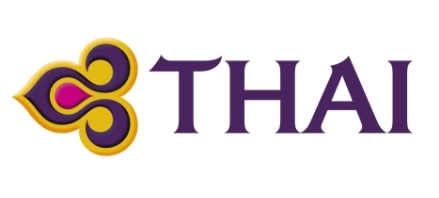

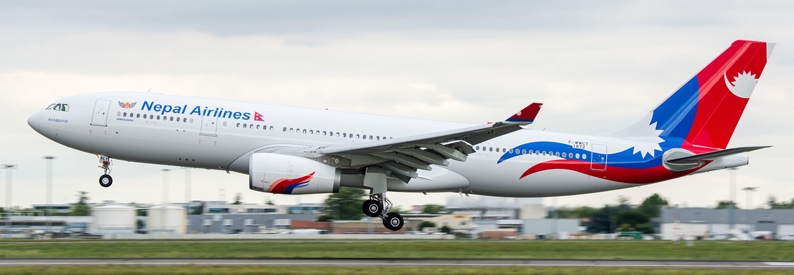
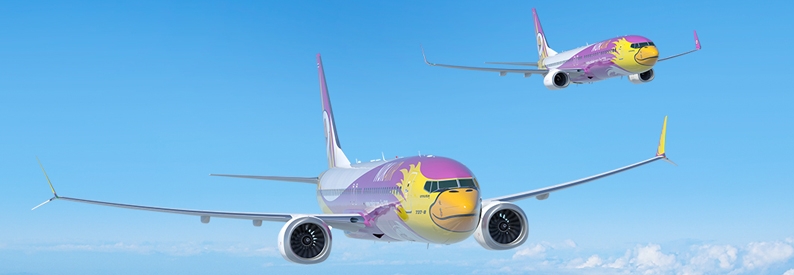
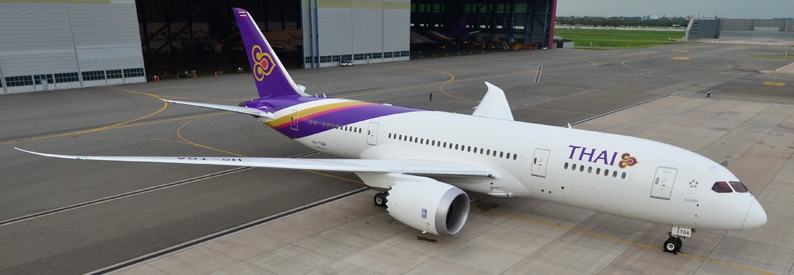
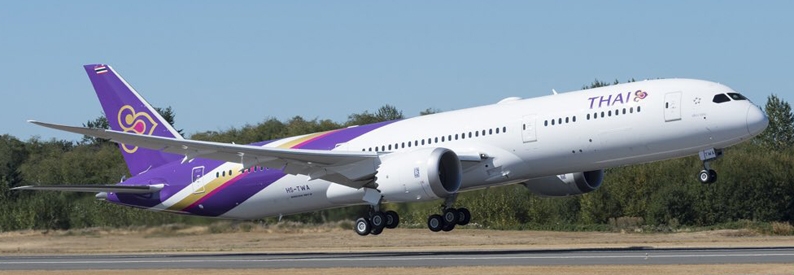
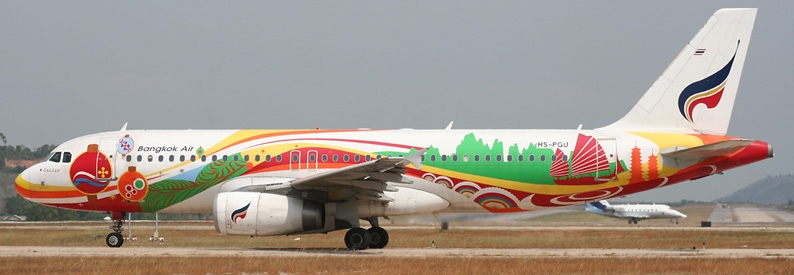
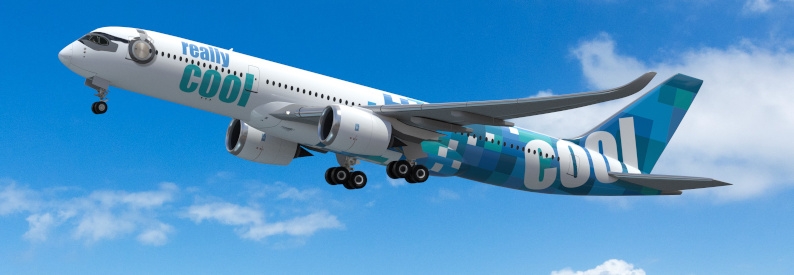
Editorial Comment: Updated with input from the CEO of Thai SmartLynx Airlines - 11Dec2024 - 22:09 UTC